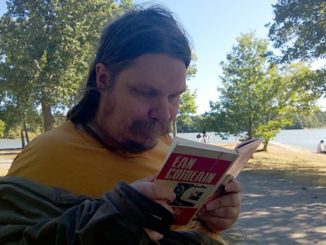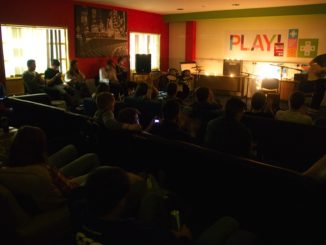
[dropcap]T[/dropcap]he six-year route to qualifying as a second-level teacher is too long, too expensive and needs to be revised according to a school leader.
Antoinette Nic Gearailt, president of the Association of Community and Comprehensive Schools (ACCS), said that there can no longer be an assumption that teacher training will automatically attract sufficient numbers as the length and associated costs of training are “turning young people off.”
Most second-level teachers obtain a two-year postgraduate qualification after doing an undergraduate three-year or four-year degree.
The two-year Professional Masters in Education (PME), which costs around €5,000 a year, replaced the one-year HDip, in an effort to provide more training and experience.
While the upgrading of the teacher education programme to masters level was welcomed by some organisations, there is a deep concern over the financial burden.
Karen Moran, a DCU student, hopes to start the PME in September but the length of the course had initially deterred her.
“I’ll be 24 soon and the thought of two more years in education was really impacting my decision. I just want to be a teacher but it’s so frustrating,” she said.
David Duffy, Education Research Officer with the Teachers Union of Ireland, said: “you’re training for longer, you’re paying more money to train, you’re losing out on a year’s salary and when you do come out, you’re on a different salary.”
According to Duffy, second-level schools are struggling to recruit teachers in a number of subjects including, maths home economics and foreign languages.
Luke Uniacke, an applied languages graduate, is applying to the PME in modern languages but due to the cost of the master’s coupled with undergraduate fees, he is considering working abroad to pay for the course.
“The cost is crazy. I’ve always wanted to be a second-level modern languages teacher since doing my Leaving Cert but I couldn’t become one as there’s actually no undergraduate course,” he said.
According to the Executive Dean of the Institute of Education in DCU, Anne Looney, the Faculty of Humanities and Social Sciences and the Institute of Education are currently in the process of developing a new undergraduate teacher education programme in Irish and modern languages.
Shauna Coen
Image credit: Rosemont Secondary School



